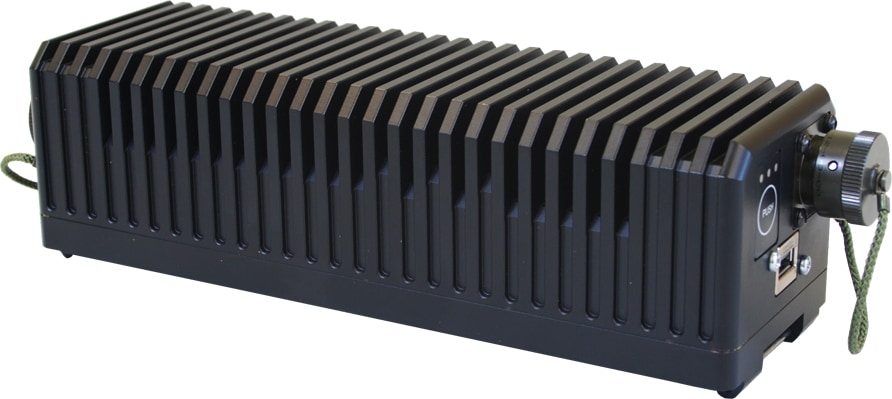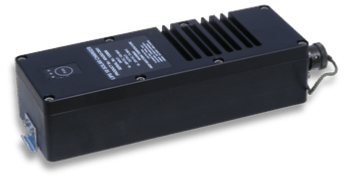Lincad, a leader in the design and manufacture of specialist batteries, chargers and power management systems for the military, continues to invest substantially in its ongoing research into solar power. Solar has been integrated into the Lincad product range since 2012 when the company launched its Solar Charger, recognising a need to provide flexibility for the soldier in the field by offering a battery charging option when no AC or suitable DC supply is available. In 2015, Lincad extended this further, producing the Power Scavenger that can charge batteries from any DC input – from solar panels, a vehicle or another battery.
Always looking to the future of solar power technologies, Lincad was also involved in the ‘Solar Soldier’ initiative run by the UK Ministry of Defence's (MoD) Defence Science and Technology Laboratory (Dstl) to assess the feasibility of using wearable solar photovoltaic cells and thermoelectric devices to provide soldiers in the field with a ’round-the-clock’ power supply.
Advances in solar technology need to be matched by advances in energy storage technology such as batteries, and Lincad has been working with three other British energy companies – Oxis Energy, Pure Wafer, and Solutronic – to develop safe, lightweight and robust solar energy storage systems for the military. Lincad’s contribution has been to focus on the design of the required battery devices.
Whilst the main driver for Lincad has been the end user, providing equipment for the soldier that can ease the burden in the field, the company is also conscious of the wider environmental benefits that solar power offers. As a result, Lincad is working towards establishing its own on-site solar panel installation linked to a lithium-ion energy storage system to reduce its operating costs and further inform its R&D work.
“For a range of reasons, from climate change to the critical operational needs of combat soldiers, solar power looks set to become an increasingly important technology," Brian Soden, Managing Director of Lincad, explained. "With a long-standing reputation for our leading edge technical expertise and an equally long-standing relationship with the MoD, Lincad is uniquely placed to contribute at the highest level to the development of solar power, particularly in the field of energy storage.”
 |
| The Power Scavenger can charge batteries from any DC input, including solar panels. (Photo: Lincad) |
Always looking to the future of solar power technologies, Lincad was also involved in the ‘Solar Soldier’ initiative run by the UK Ministry of Defence's (MoD) Defence Science and Technology Laboratory (Dstl) to assess the feasibility of using wearable solar photovoltaic cells and thermoelectric devices to provide soldiers in the field with a ’round-the-clock’ power supply.
Advances in solar technology need to be matched by advances in energy storage technology such as batteries, and Lincad has been working with three other British energy companies – Oxis Energy, Pure Wafer, and Solutronic – to develop safe, lightweight and robust solar energy storage systems for the military. Lincad’s contribution has been to focus on the design of the required battery devices.
Whilst the main driver for Lincad has been the end user, providing equipment for the soldier that can ease the burden in the field, the company is also conscious of the wider environmental benefits that solar power offers. As a result, Lincad is working towards establishing its own on-site solar panel installation linked to a lithium-ion energy storage system to reduce its operating costs and further inform its R&D work.
“For a range of reasons, from climate change to the critical operational needs of combat soldiers, solar power looks set to become an increasingly important technology," Brian Soden, Managing Director of Lincad, explained. "With a long-standing reputation for our leading edge technical expertise and an equally long-standing relationship with the MoD, Lincad is uniquely placed to contribute at the highest level to the development of solar power, particularly in the field of energy storage.”


No comments:
Post a Comment